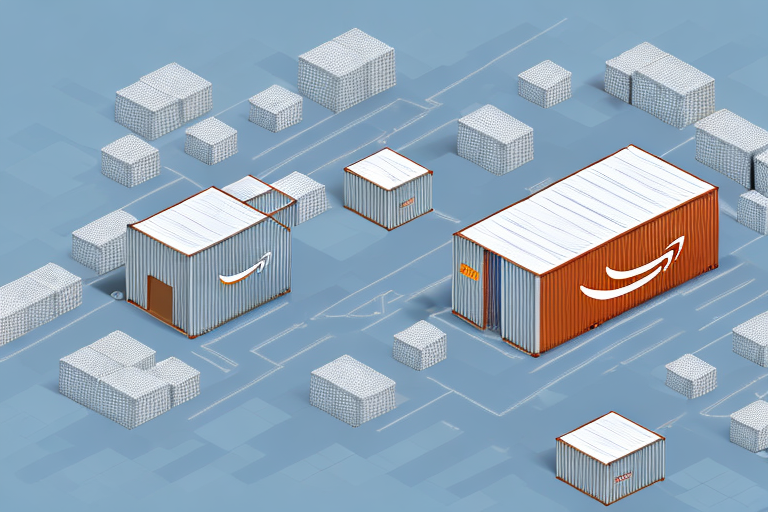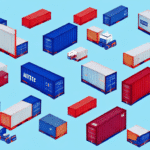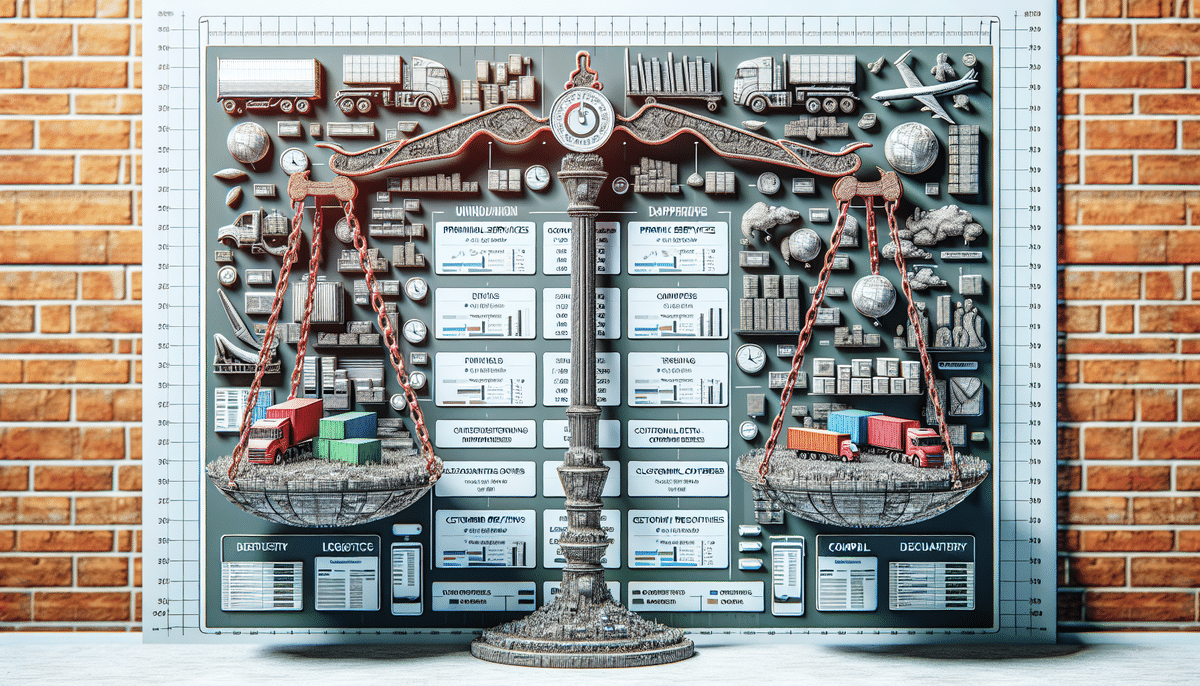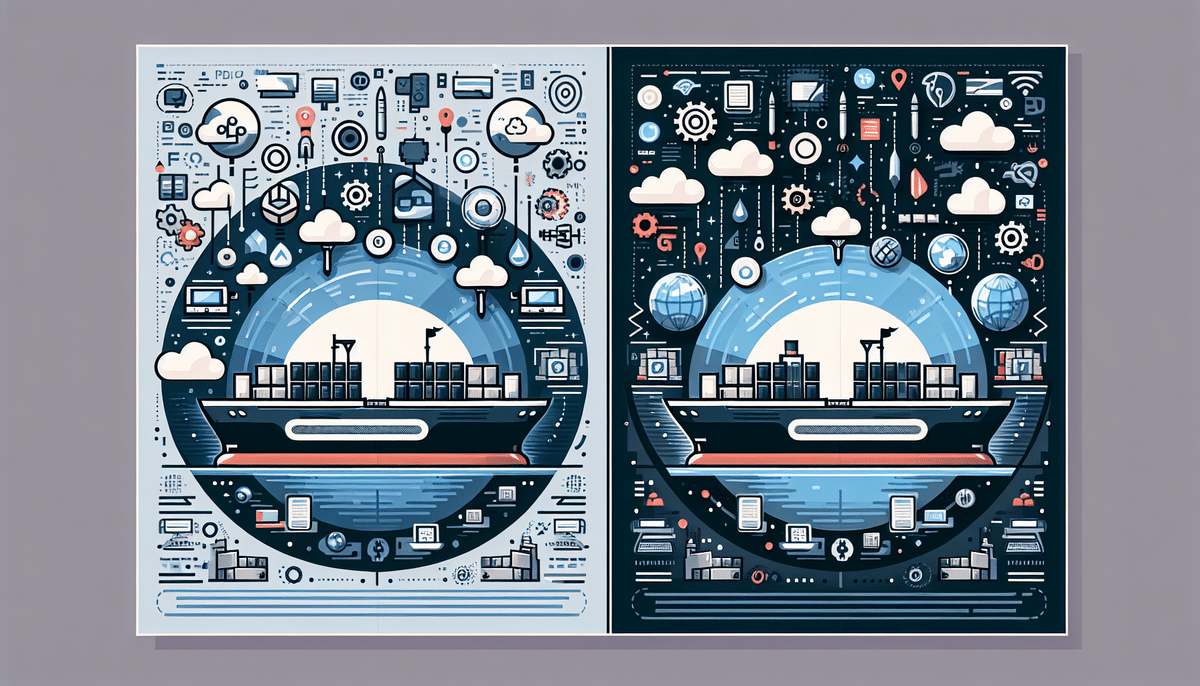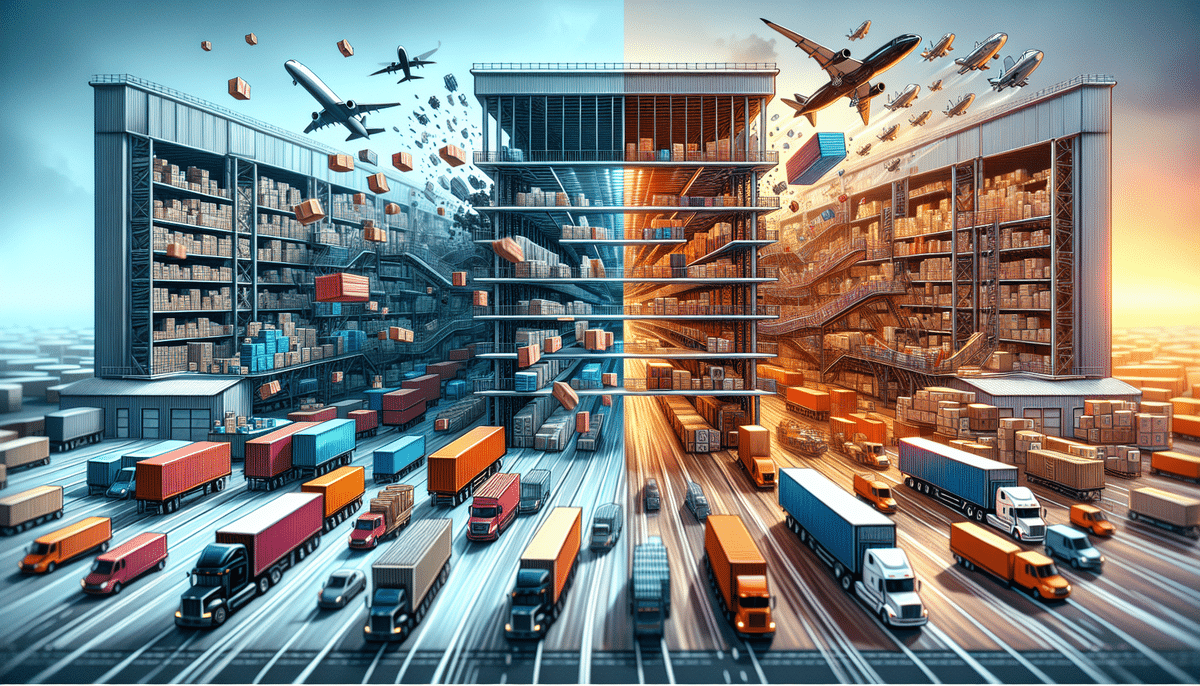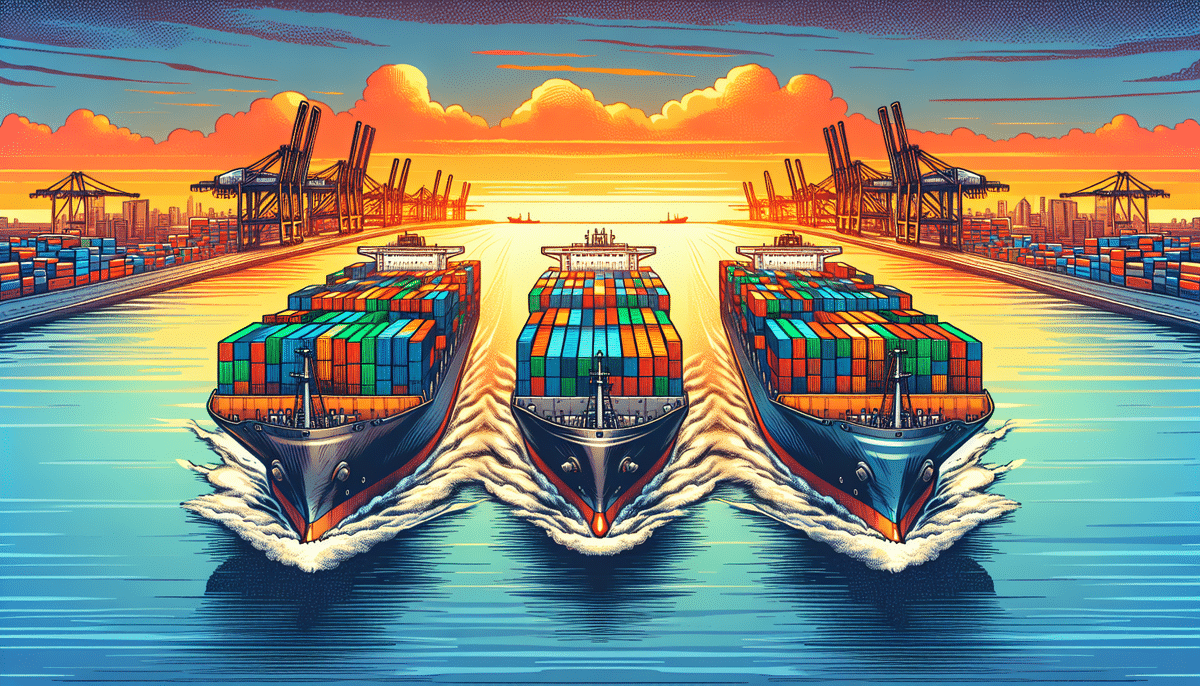DCL Logistics vs Fulfillment by Amazon (FBA)
In the ever-evolving landscape of e-commerce, efficient supply chain management is paramount for business success. One of the critical decisions entrepreneurs face is selecting a dependable fulfillment partner. Two prominent options catering to small businesses are DCL Logistics and Fulfillment by Amazon (FBA). This article provides an in-depth analysis of both services, examining their offerings, advantages and disadvantages, cost structures, customer service, international shipping capabilities, storage options, and technology integrations to help you make an informed decision.
Overview of DCL Logistics
DCL Logistics, established in 2005 and based in California, is a third-party logistics (3PL) and fulfillment provider. They offer a comprehensive suite of services, including inventory management, warehousing, order fulfillment, and shipping assistance tailored to high-end consumer products such as apparel, electronics, and home goods. DCL Logistics emphasizes meticulous attention to detail and personalized services, adapting their solutions to meet the unique needs of each client.
Beyond standard services, DCL Logistics provides value-added offerings like kitting, assembly, and returns management. Kitting involves bundling multiple products into a single package, while assembly entails combining individual components to create a finished product. Their advanced technological infrastructure, including state-of-the-art inventory management systems and automation, enables efficient and accurate operations, keeping DCL Logistics at the forefront of the logistics industry.
Overview of Fulfillment by Amazon (FBA)
Fulfillment by Amazon (FBA) is Amazon's proprietary fulfillment service that allows businesses to store their inventory within Amazon's expansive warehouse network. FBA leverages Amazon’s robust delivery logistics to manage storage, order picking and packing, shipping, customer service, and returns handling. Utilizing FBA enables small businesses to scale by tapping into Amazon's vast customer base, including millions of Amazon Prime members, thereby enhancing product visibility and sales potential.
A significant advantage of FBA is the ability to offload logistical complexities, allowing businesses to focus on core activities such as product development and marketing. Additionally, FBA offers access to Amazon’s exceptional customer service and can negotiate competitive shipping rates due to high shipment volumes, potentially reducing overall shipping costs.
Comparative Analysis of DCL Logistics and FBA
Pros and Cons
DCL Logistics: Pros
- Customization: Offers tailored fulfillment solutions, including unique storage options and processes, enhancing the brand experience.
- Reliable Shipping Partnerships: Partners with a wide range of shipping carriers, ensuring dependable delivery services.
- Advanced Technology: Utilizes state-of-the-art warehouse management systems for precise inventory tracking and efficient order processing.
DCL Logistics: Cons
- Cost: Generally more expensive than other 3PL providers, with fees requiring individual negotiation.
- Geographic Limitation: Limited to the United States, potentially hindering businesses requiring global shipping capabilities.
- Suitability: Customized solutions may not be ideal for small businesses with limited resources or those desiring standardized fulfillment processes.
Fulfillment by Amazon (FBA): Pros
- Comprehensive Infrastructure: Access to Amazon’s extensive logistics network, advanced technology, and competitive pricing.
- Customer Base Access: Exposure to Amazon Prime customers, known for high loyalty and spending.
- Multi-Channel Fulfillment: Capability to fulfill orders from various sales channels, including personal websites and other marketplaces.
- Focus on Core Business: Allows businesses to concentrate on product development and marketing while Amazon manages logistics and customer service.
Fulfillment by Amazon (FBA): Cons
- High Fees: Charges for storage, picking, packing, and shipping can diminish profit margins.
- Strict Regulations: Requires adherence to Amazon's packaging and inventory policies, with potential penalties for non-compliance.
Cost Comparison
DCL Logistics employs a customized pricing model tailored to each business's specific needs, making it challenging to provide a standard pricing framework. In contrast, FBA's pricing is based on product size, weight, category, and storage duration. FBA charges include storage fees per cubic foot per month and fulfillment fees based on product size and characteristics.
While FBA may present a more straightforward pricing structure, it may not always be the most economical choice. Businesses dealing with large or heavy products might face higher storage and fulfillment fees with FBA compared to DCL Logistics. Conversely, DCL Logistics’ tailored fee structure allows businesses to pay only for the necessary services, potentially leading to cost efficiencies. It is essential for businesses to analyze their product dimensions, inventory levels, and sales volume to determine the most cost-effective option.
Reliability
Both DCL Logistics and FBA offer reliable fulfillment services. However, Amazon’s extensive logistics infrastructure provides FBA with superior reliability in delivery network operations. Amazon’s global reach and advanced technology systems ensure efficient and timely deliveries, making FBA a dependable choice for businesses aiming for widespread distribution.
DCL Logistics, while reliable within the U.S., does not match Amazon’s global presence, which might be a limitation for businesses targeting international markets.
Customer Service
DCL Logistics provides specialized customer service representatives who are well-versed in their clients' brands, offering personalized support and strategic advice. On the other hand, FBA benefits from Amazon’s renowned 24/7 customer support, efficiently handling shipping and processing issues through multiple communication channels. Amazon's emphasis on customer satisfaction ensures prompt response times and reliable support, enhancing overall customer experience.
International Shipping
Both DCL Logistics and FBA facilitate international shipping. However, FBA holds a significant advantage with Amazon’s global warehouse network, simplifying the process of expanding into new markets. FBA offers various international shipping options with competitive pricing, allowing small businesses to initiate international sales with relative ease.
DCL Logistics offers international shipping services but lacks the extensive global network that FBA possesses, which may result in higher shipping costs and longer delivery times for international orders.
Storage Options
DCL Logistics provides customized storage solutions tailored to each business, allowing for specific inventory management needs. In contrast, FBA boasts a vast network of strategically located warehouses, offering extensive storage infrastructure. This includes specialized storage options for products that require hazardous material handling or temperature control, ensuring secure and efficient storage across diverse product categories.
Technology Integration
FBA seamlessly integrates with the Amazon Marketplace, an established e-commerce platform, facilitating streamlined order processing for small businesses. Additionally, FBA connects with various e-commerce and shipping platforms such as Shopify, WooCommerce, and ShipStation, enhancing operational efficiency.
DCL Logistics also provides integrations with leading e-commerce platforms and offers customized cloud-based inventory management systems and automated order processing. However, its technology integrations are generally less extensive compared to FBA’s robust systems, potentially limiting seamless connectivity with a broader range of platforms.
Choosing the Right Fulfillment Service
Selecting between DCL Logistics and FBA involves evaluating several factors, including the nature of your products, the level of customization required, and associated costs. Businesses prioritizing tailored fulfillment solutions and enhanced brand experiences may find DCL Logistics more aligned with their objectives. Conversely, those seeking comprehensive fulfillment services with access to a vast customer base and competitive pricing might prefer FBA. An in-depth analysis of your business needs and priorities is essential for making an informed choice.
Switching Between Fulfillment Services
Transitioning from DCL Logistics to FBA or vice versa is a manageable process. Business owners should assess both providers based on product size, weight, warehousing costs, packing and shipping fees, and returns handling. After evaluating these aspects, they can create an account with the chosen provider and initiate the inventory transfer. Proper planning and coordination are crucial to ensure a seamless transition without disrupting order fulfillment.
Conclusion
Both DCL Logistics and Fulfillment by Amazon offer robust fulfillment solutions for small businesses. The optimal choice depends on your specific business requirements. If customized services and a personalized fulfillment approach are your priorities, DCL Logistics could be the ideal partner. On the other hand, if you seek a comprehensive, cost-effective fulfillment service with access to a vast customer base, Amazon FBA might be more suitable. Assess your business needs carefully to select the fulfillment service that best supports your growth and operational efficiency.













